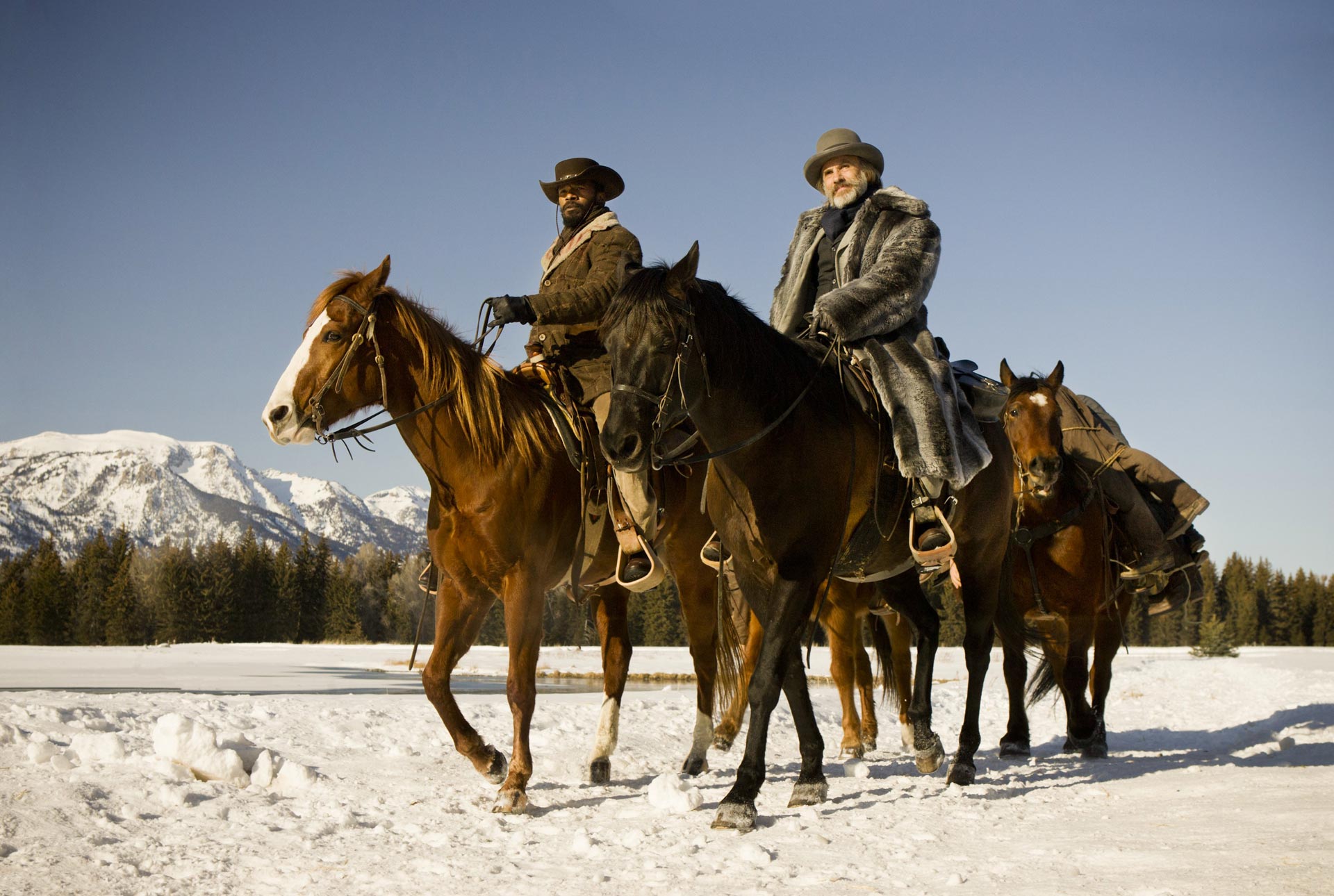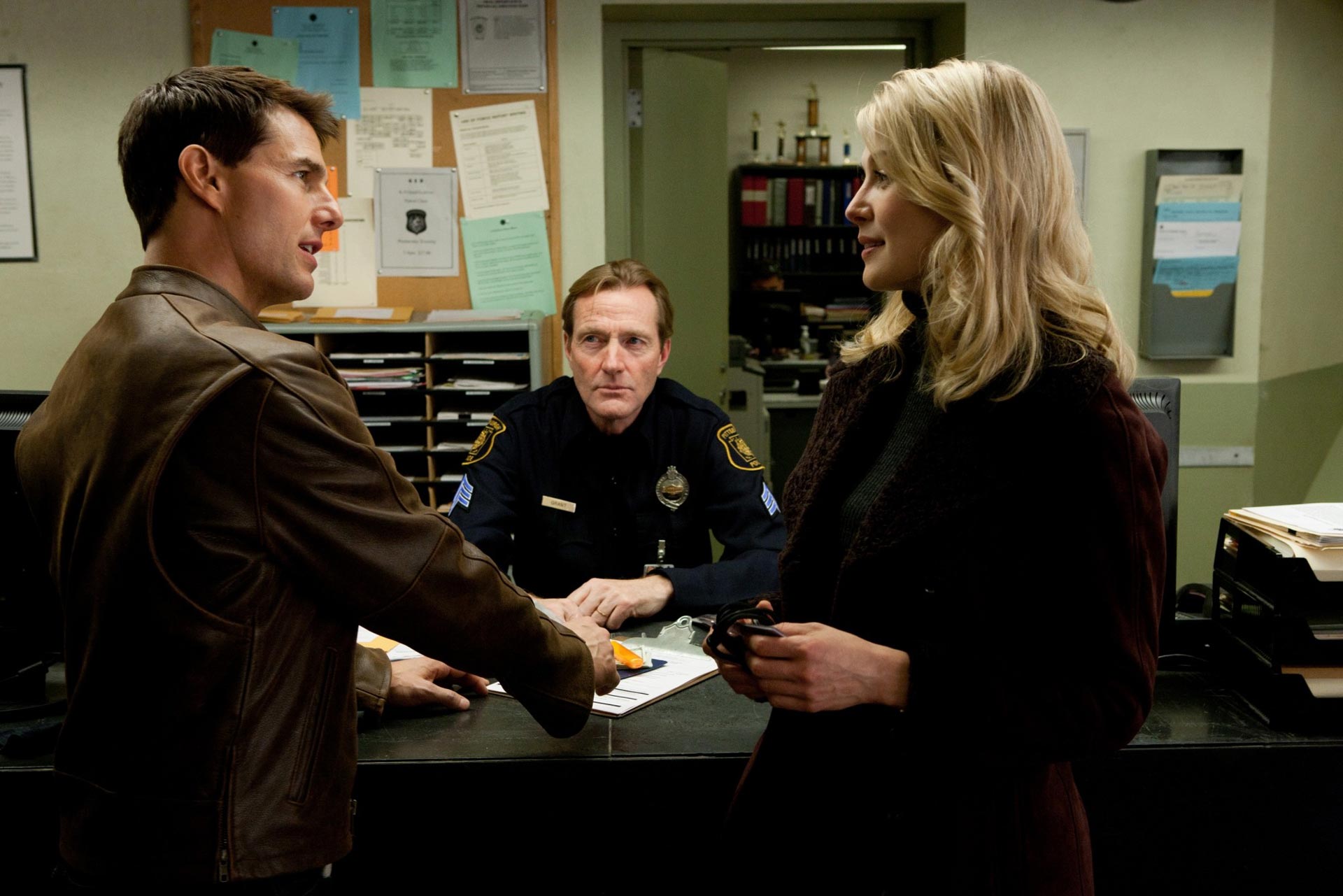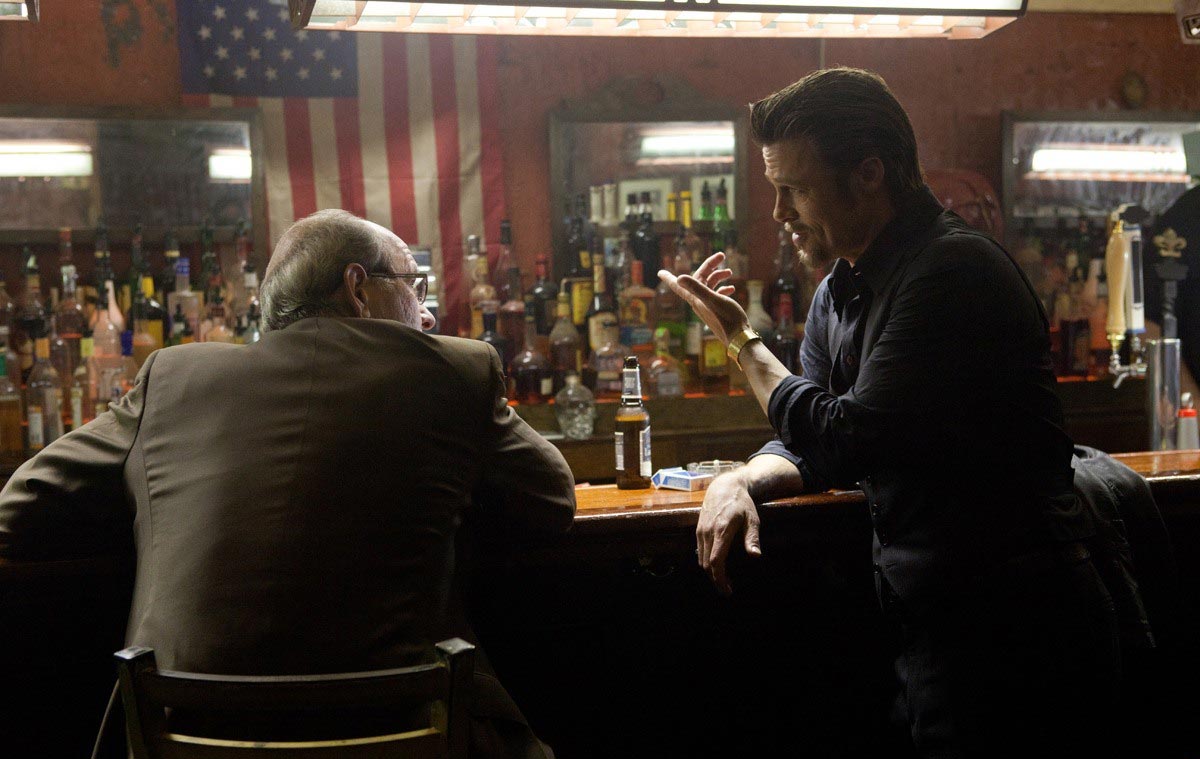"Django Unchained"
Written and directed by Quentin Tarantino
Starring Jamie Foxx, Christoph Waltz, Kerry Washington, Leonardo DiCaprio and Samuel L. Jackson
Starring Jamie Foxx, Christoph Waltz, Kerry Washington, Leonardo DiCaprio and Samuel L. Jackson
Rated R
165 Minutes

Quentin Tarantino may have found a new muse in Christoph Waltz, the fantastic German actor who was the absolute highlight of "Inglourious Basterds" as Col. Hans Landa. While "Django Unchained" is unquestionably Django's story, Waltz again revels in the trademark Tarantino dialogue and serves as perhaps the best protagonist of the year. Here he plays Dr. King Schultz, a German bounty hunter with a strange but sincere ethical attitude toward his profession. As the film begins, he is looking for Django (Jamie Foxx), a slave who may know how to identify his current bounty, the Brittle Brothers. Schultz offers Django a deal; if Django helps him find and kill the Brittles, he will grant him his freedom and a share of the paid bounty. Django accepts, but with a condition of his own; Schultz must help him find and rescue his wife Broomhilda (Kerry Washington), a slave who happens to speak German.
What follows is an extraordinary first act that delights in a variety of western elements, punctuated by the best soundtrack of the year. Django and Schultz travel the expanse of the American Southeast, dishing out bloody justice to each assigned bounty. In one truly great scene, Django hesitates to kill a bounty because his son is present and Schultz instills in him a valuable life lesson using only the wanted poster and some perceptive dialogue about choice and consequence. Django pulls the trigger.
This is arguably Tarantino's most violent film yet, although most of the blood-letting is absurdly over-the-top, a la the 'house of blue leaves' sequence from "Kill Bill Volume 1." There is also considerable attention given to violence toward the slaves, but Tarantino's faithful will realize that this has more to do with criticizing the historic cruelty against slaves, rather than glorifying it. Not afraid to take liberties with historic accuracy, Tarantino uses his embellishments to spit in the face of America's dark past in order to tell a resonate story of edification. The relationship between Schultz and Django highlights this ideal in a humorously subtle way, as if Tarantino is suggesting how easy it is to just get along.
This is a long feature, at 165 minutes; and while it is somewhat hampered in its middle section, there is not a single scene that feels indulgent. Leonardo DiCaprio appears late in the film as Calvin Candie, the sociopathic plantation owner in possession of Django's wife. There is a tense dinner scene that serves as one of the year's best examples of suspense and DiCaprio's unhinged performance is a prime example of why he is consistently sought-after by Hollywood's best directors. Serving him is the equally nefarious Stephen (Samuel L. Jackson), a cruel man who seems to revile all people equally, regardless of race or affiliation. This all builds to a rousing and satisfactory climax that must be seen to be believed. Jamie Foxx is superb at completing Django's character arc, easily earning the picture's inflated run-time.
By now, Quentin Tarantino has solidified himself as a great American auteur. "Django Unchained" is at least the equal of his previous pictures, and while I slightly prefer the near-perfection of "Inglourious Basterds," this film will easily stand as a timeless example of expert filmmaking. It wouldn't surprise me if this winds up a leading contender for best picture, albeit a very unconventional one. And there is certainly no denying you get a lot bang for your buck; and then some.



